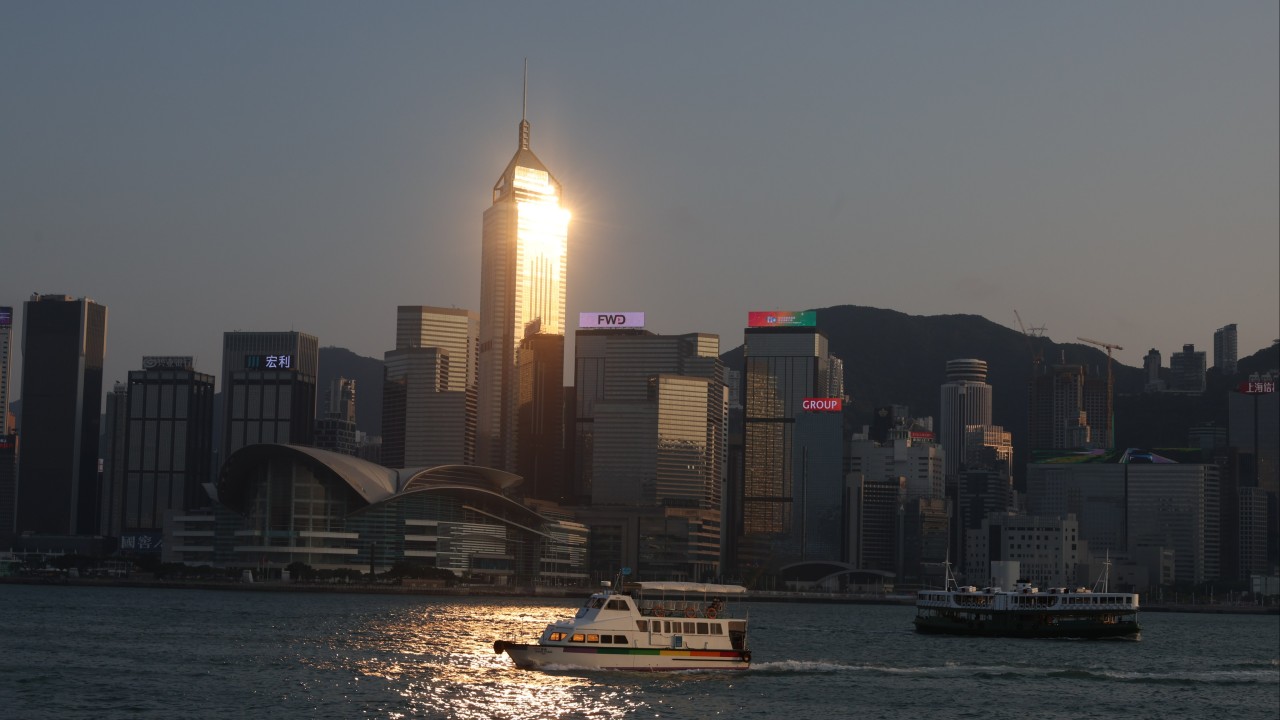
“Assurance” for ESG reporting – essentially an audit or evaluation of the claims being made – is not mandatory for listed companies in most jurisdictions, including Hong Kong.
Obtaining independent verification of their ESG performance can allow companies to build trust and credibility with stakeholders who are increasingly taking such factors into account in their investment decisions, according to the HKICPA.
“Larger companies are responding more rapidly to the fast-moving ESG environment, and the expectations and needs of investors and other stakeholders,” said Loretta Fong, president of the HKICPA in a statement. “This is what we would have predicted, given their more international investor base and greater resources.”
For the 137 large companies with a market capitalisation of HK$38 billion (US$4.86 billion) or more, this had doubled in the last two years to 41 per cent in 2023.
The slower adoption by smaller companies compared with their larger counterparts may be because of doubts about the costs versus the benefits of assurance, given it is not yet mandatory, according to Fong.
“At this stage, they may not have the full confidence in their own ESG data analysis and collection processes to have the information assured,” said Fong.
“It could also indicate that many companies are publishing ESG reports primarily to fulfil the disclosure requirements of HKEX, and for image reasons, in order to at least meet the minimum expectations of the market.”
Such data points included Swire’s total energy consumption and greenhouse gas emissions from direct operations, according to Deloitte’s independent practitioner’s report.
The banking sector accounted for a fifth of the 141 companies that had obtained ESG assurance, the highest among all industries. This was probably because of the “ongoing efforts of Hong Kong’s financial services regulators to promote green and sustainable finance and ESG reporting”, according to the HKICPA.

